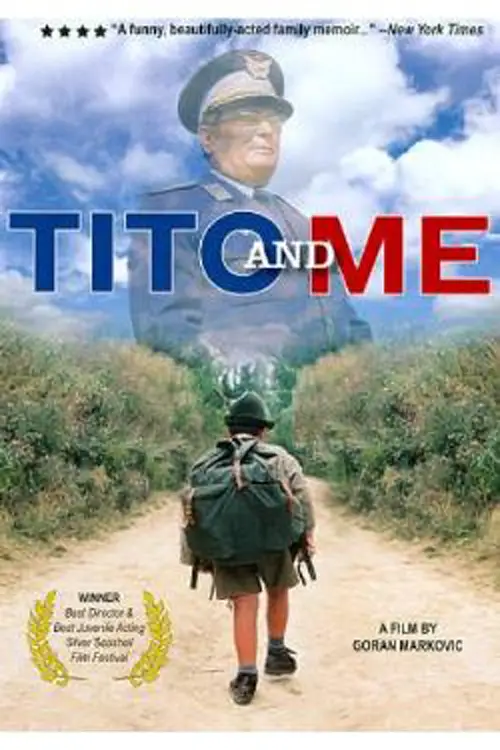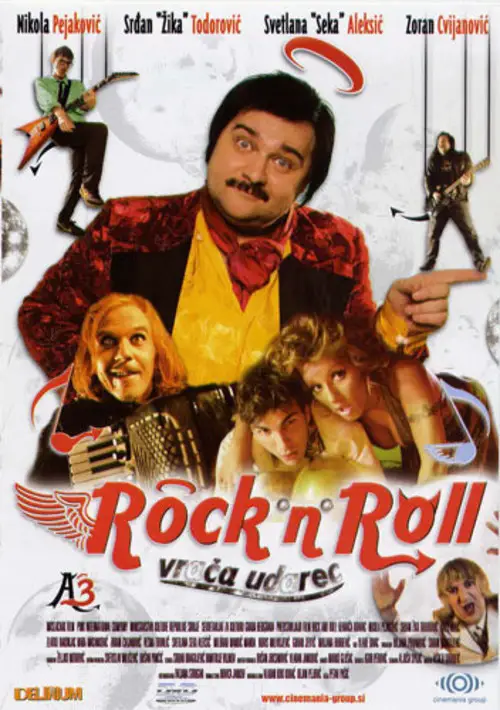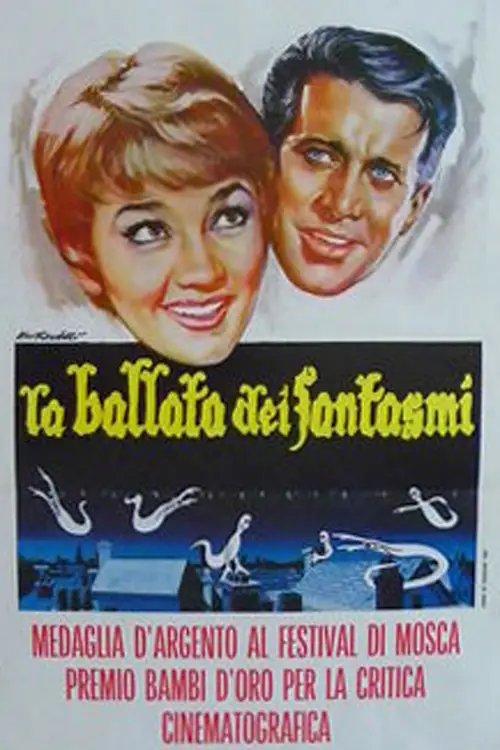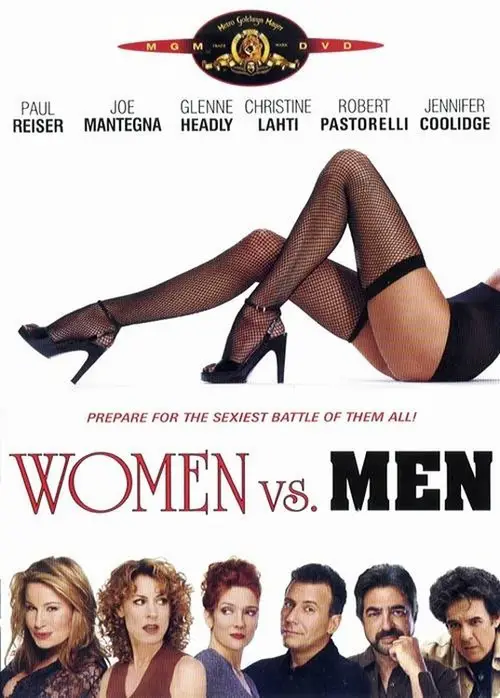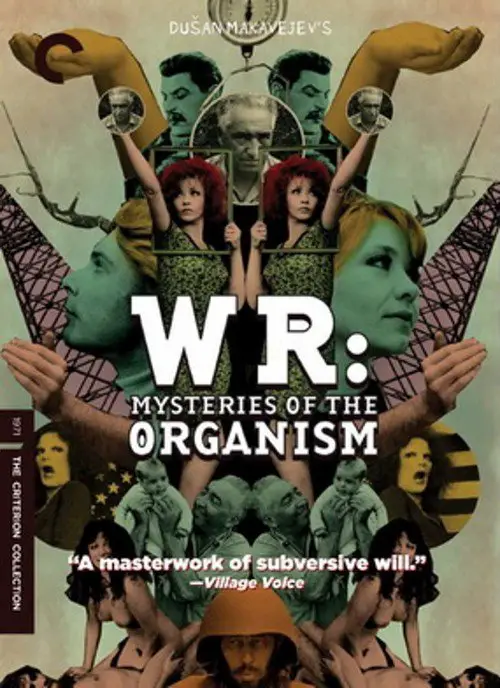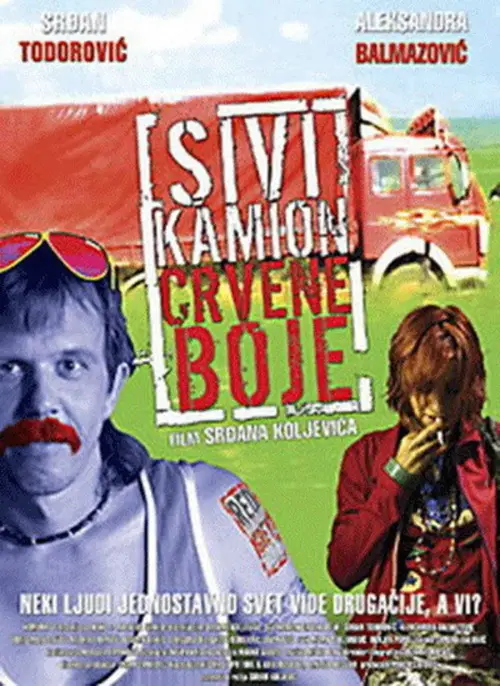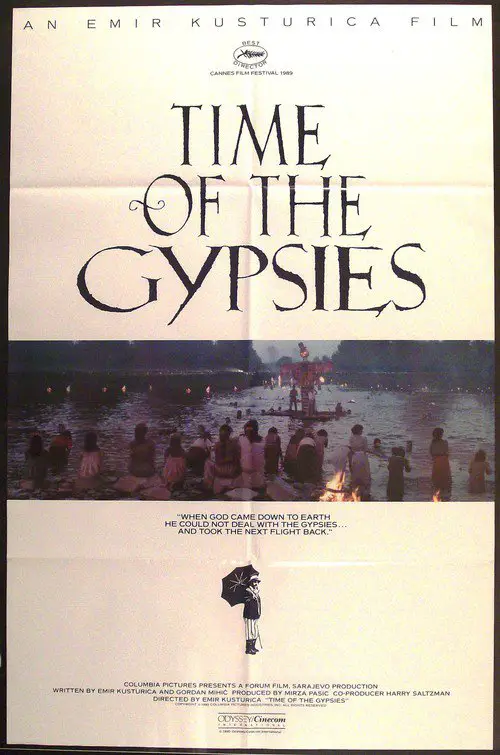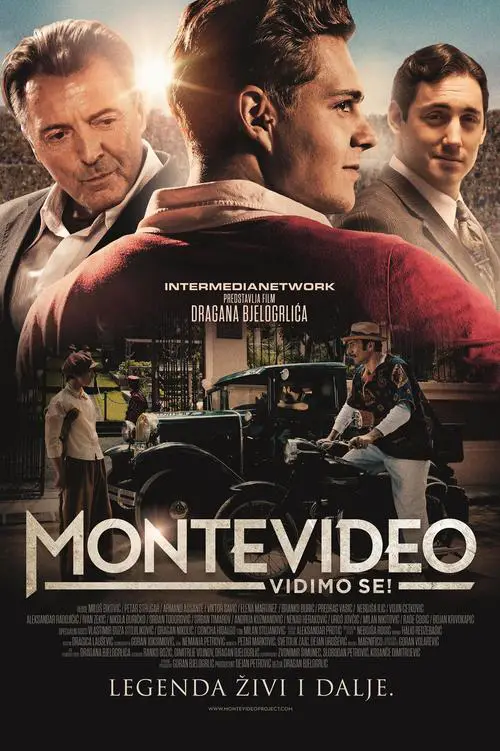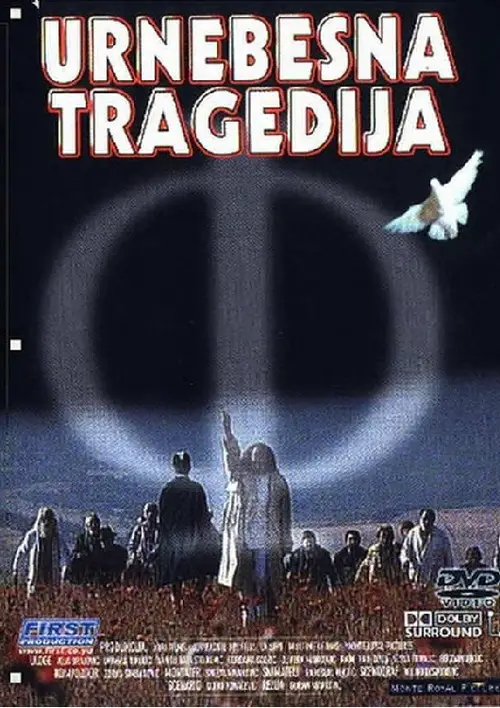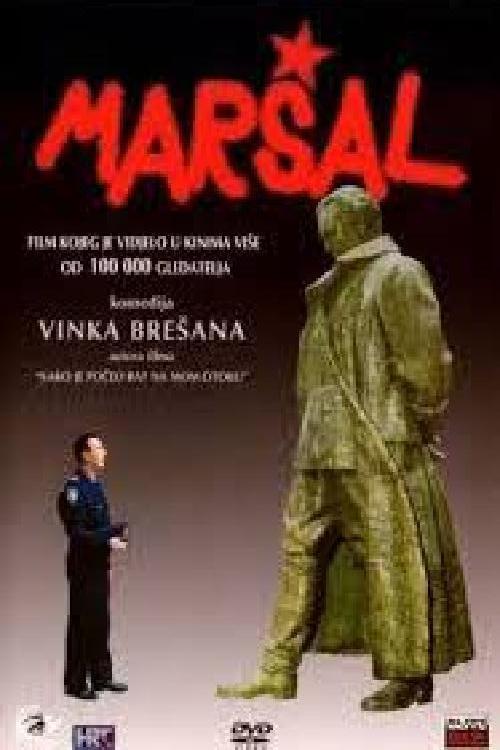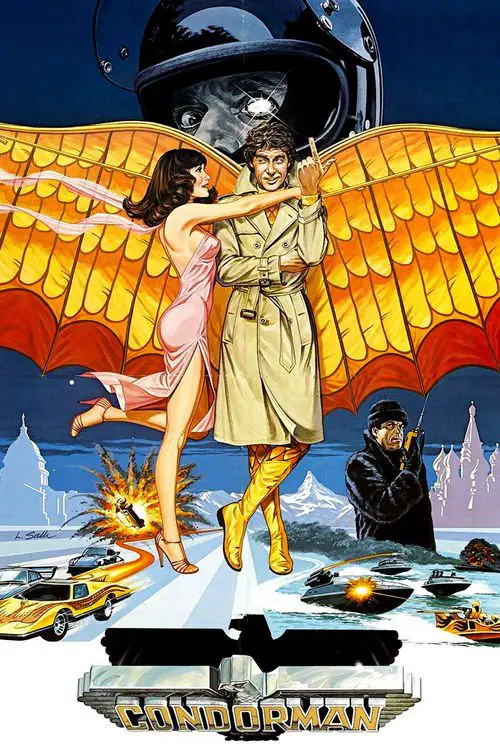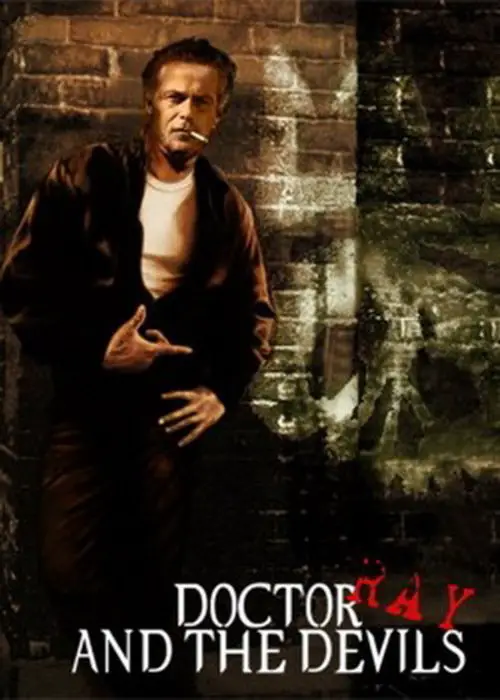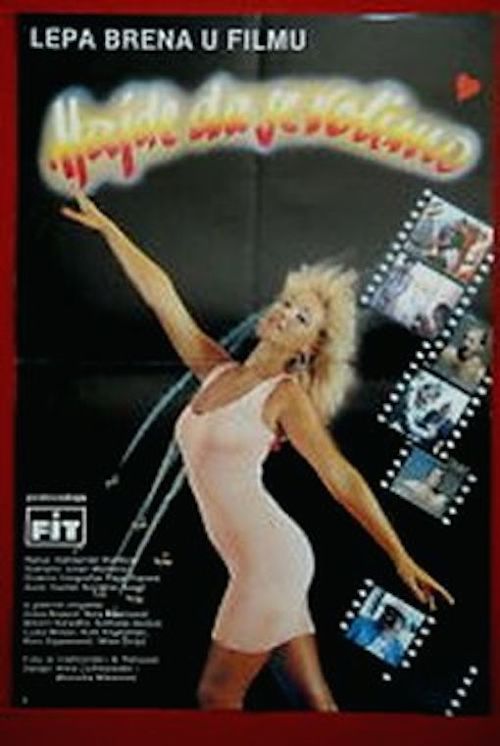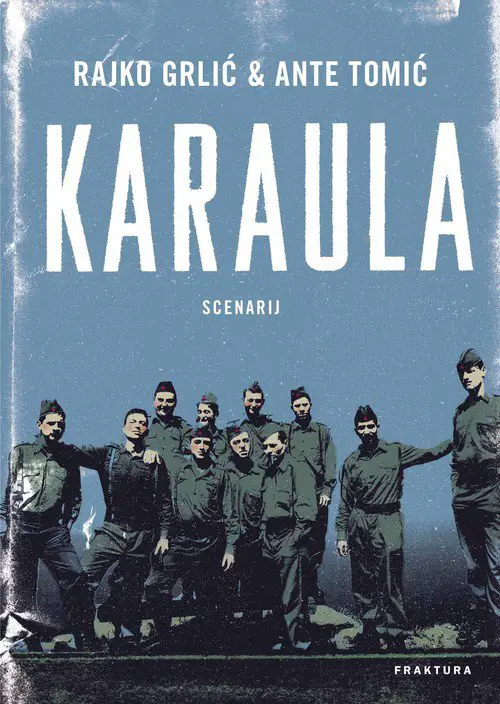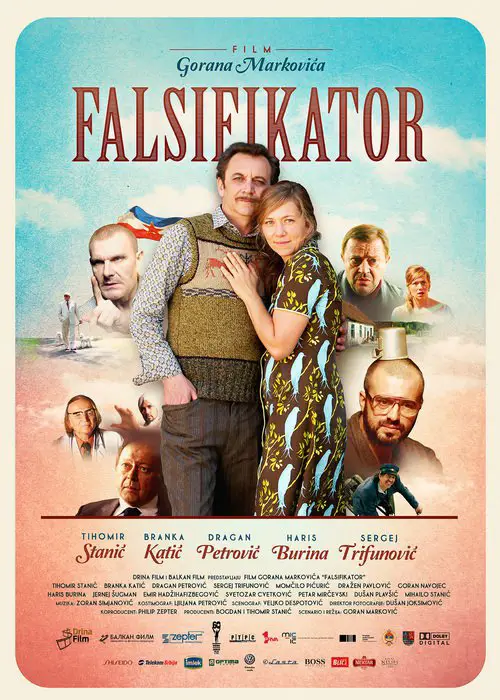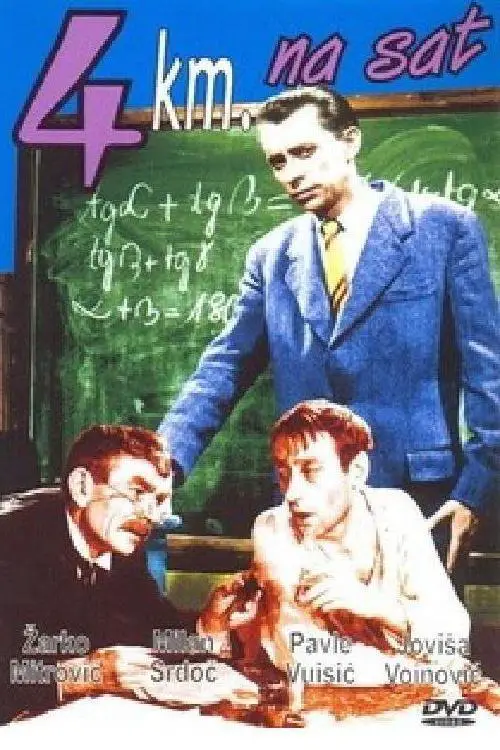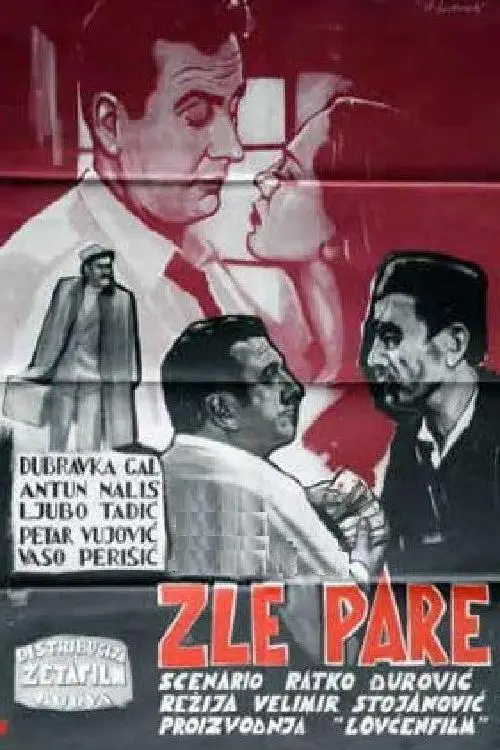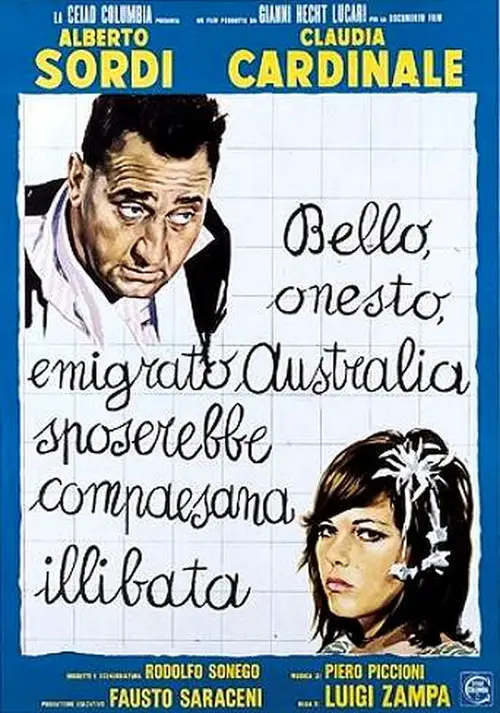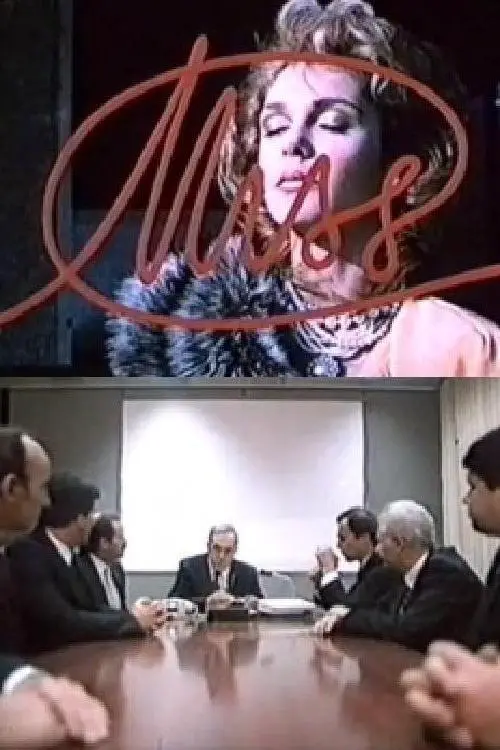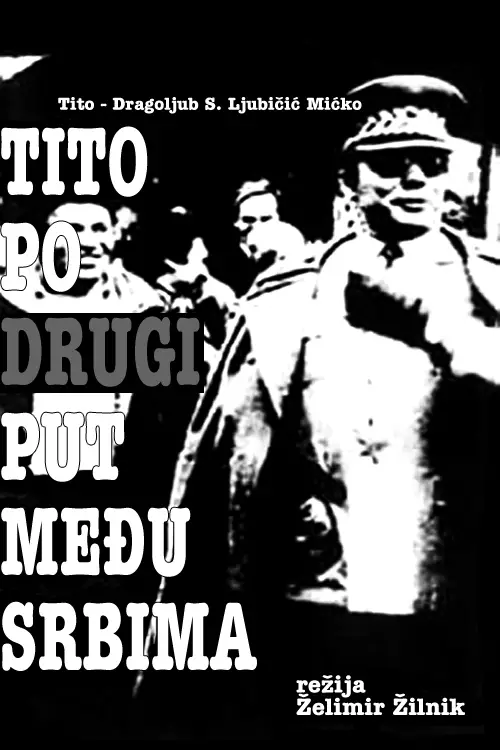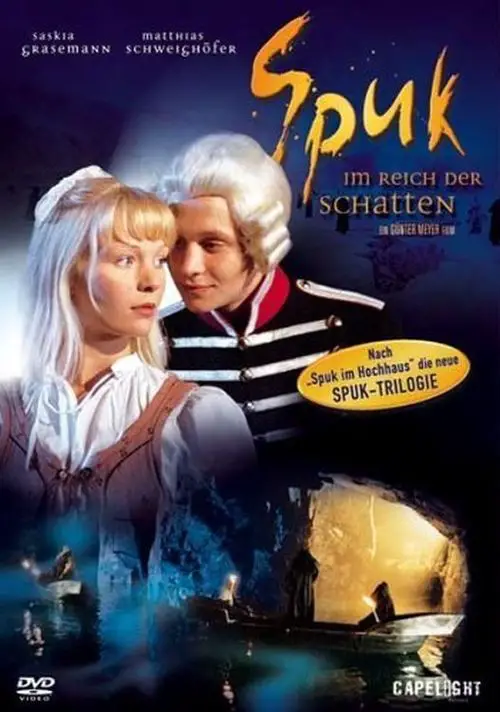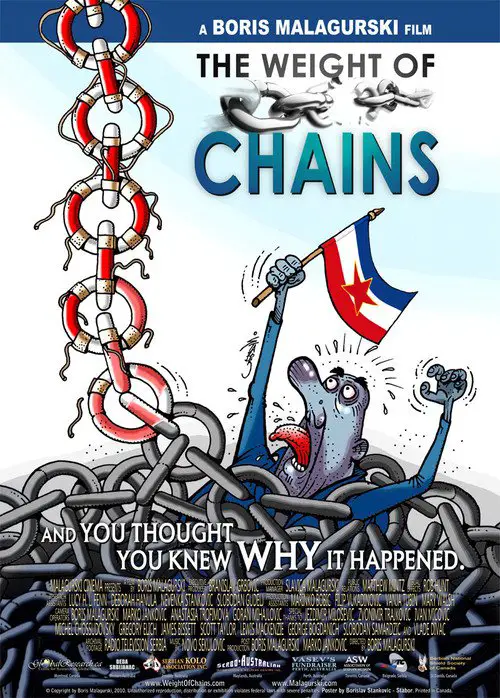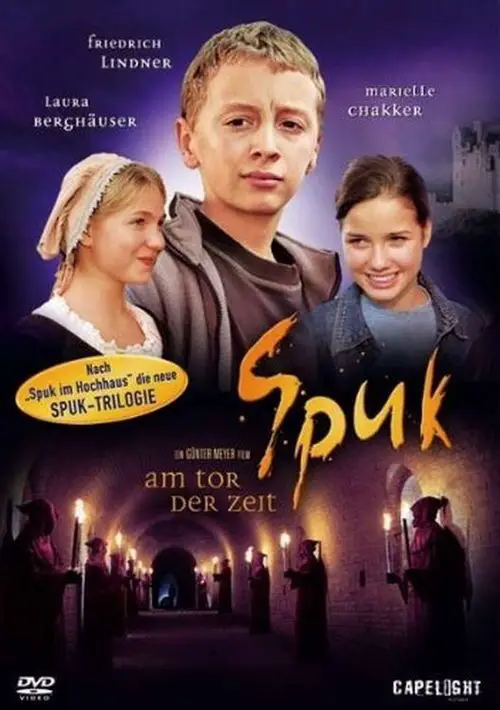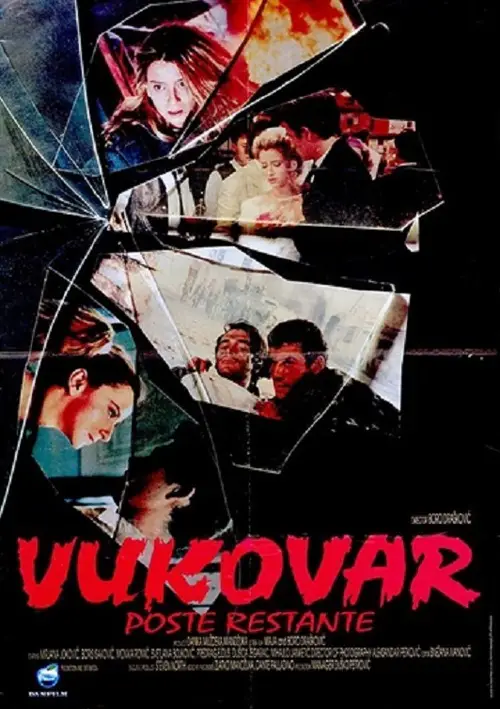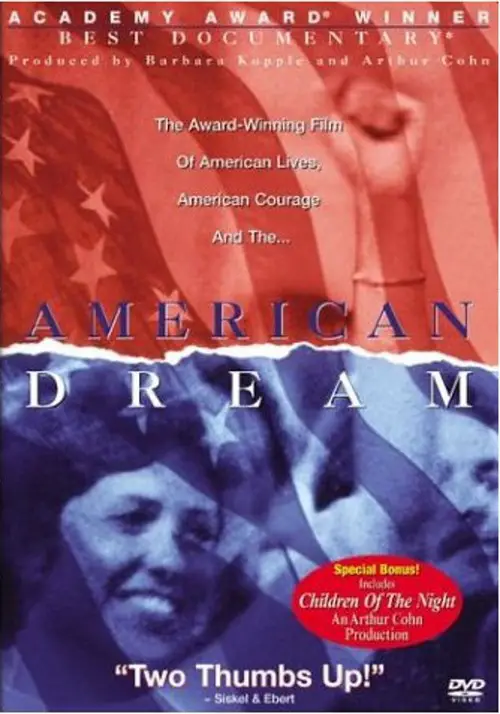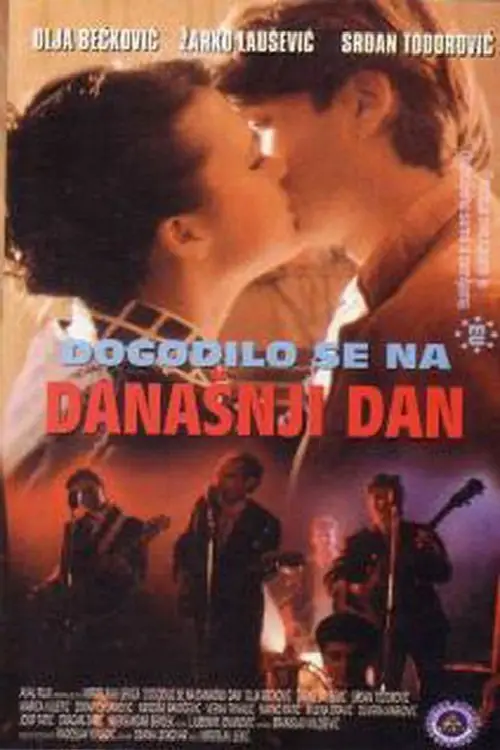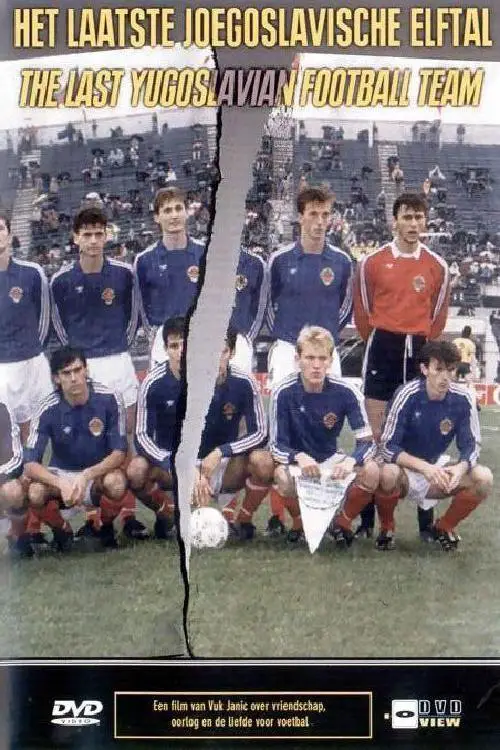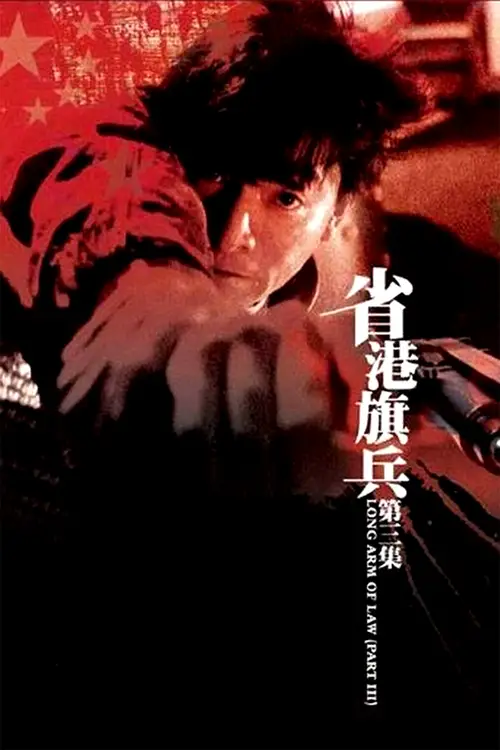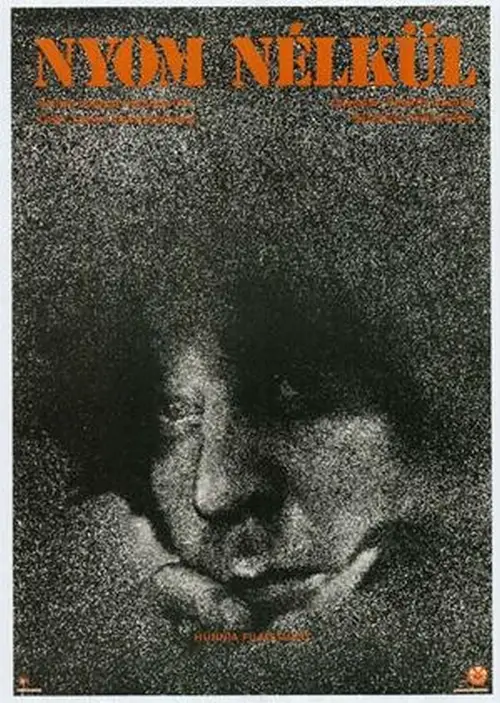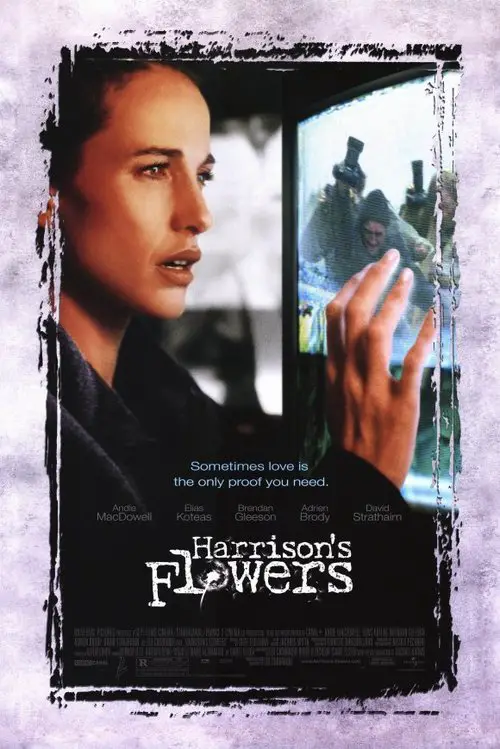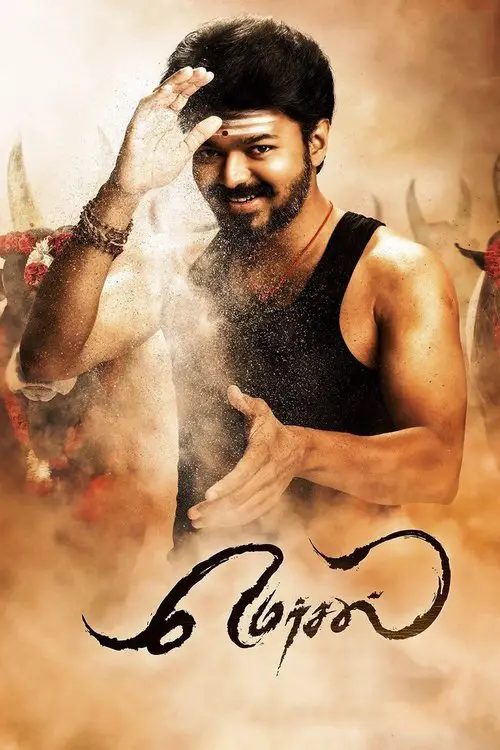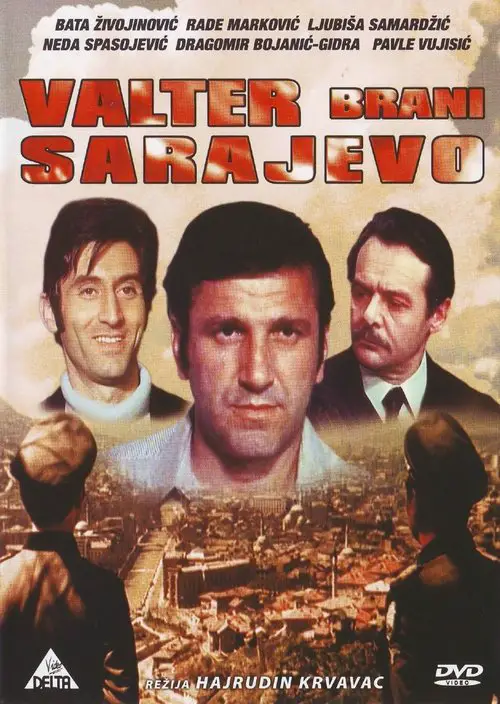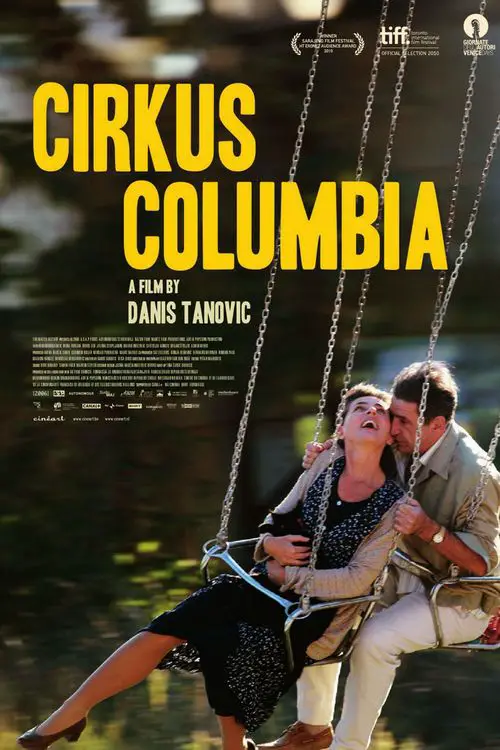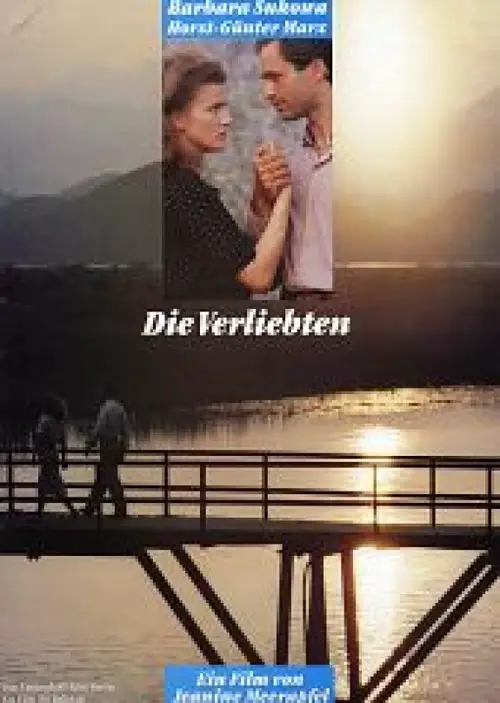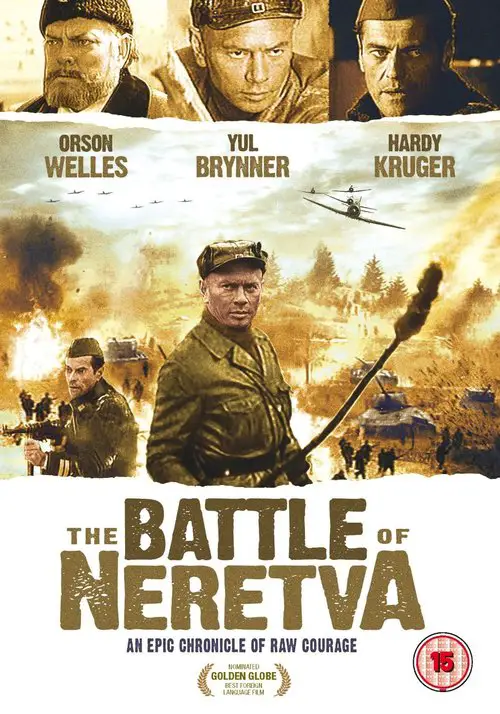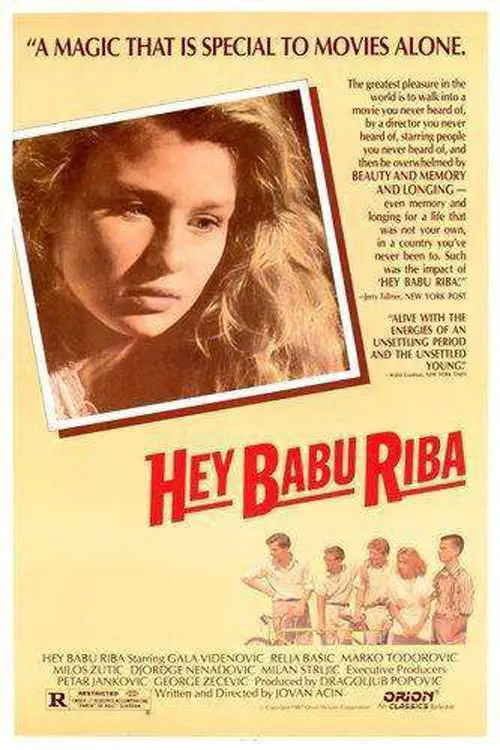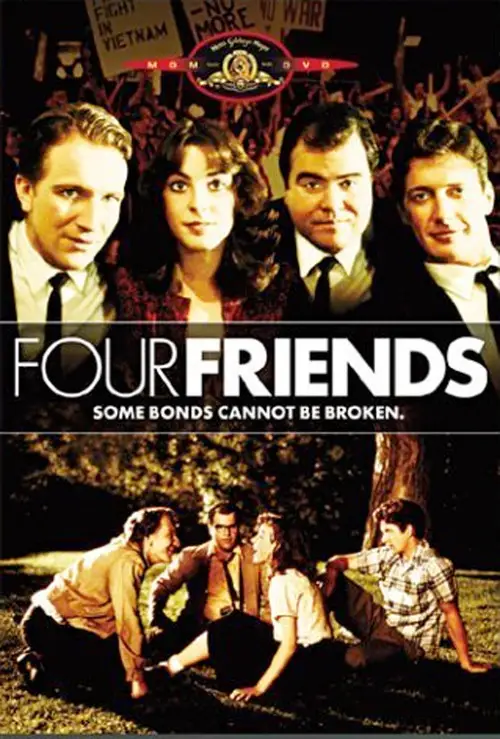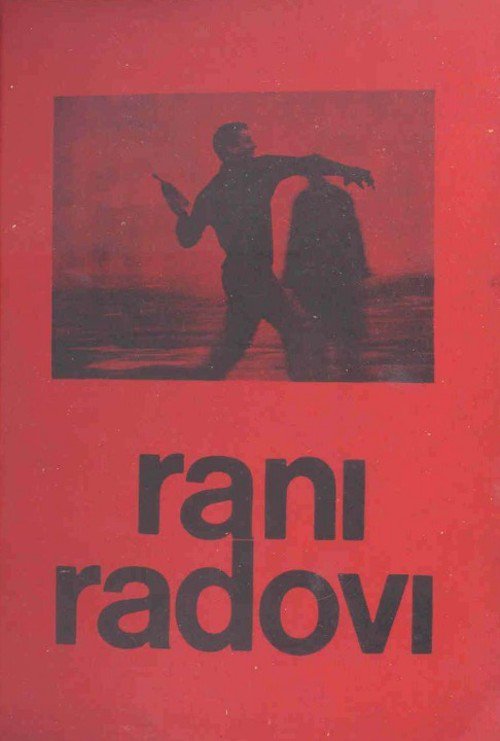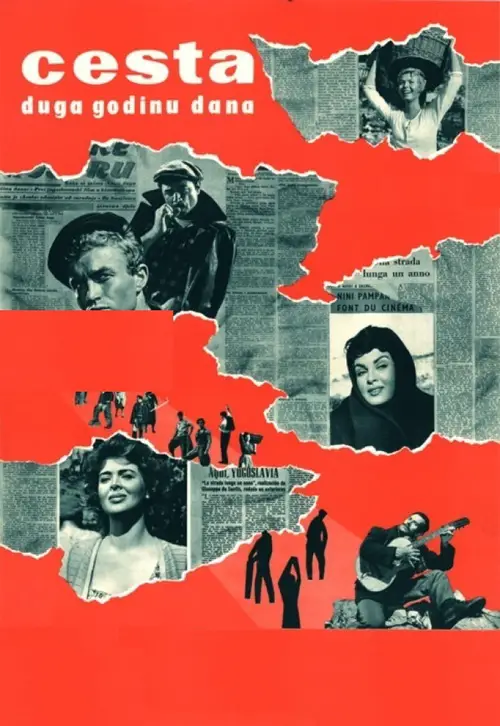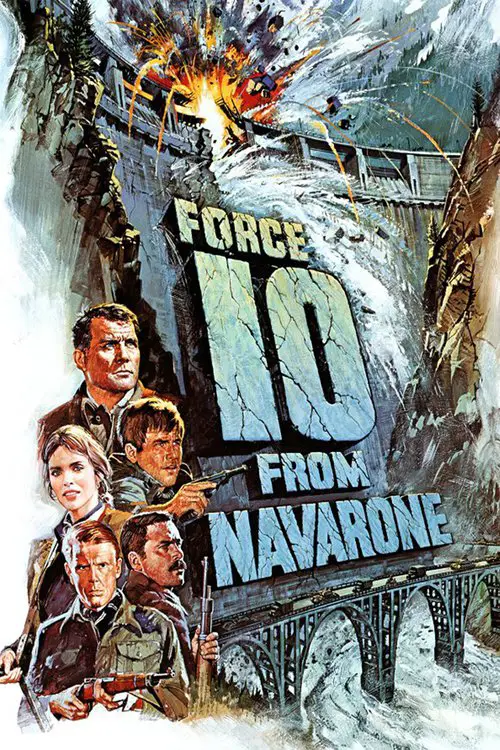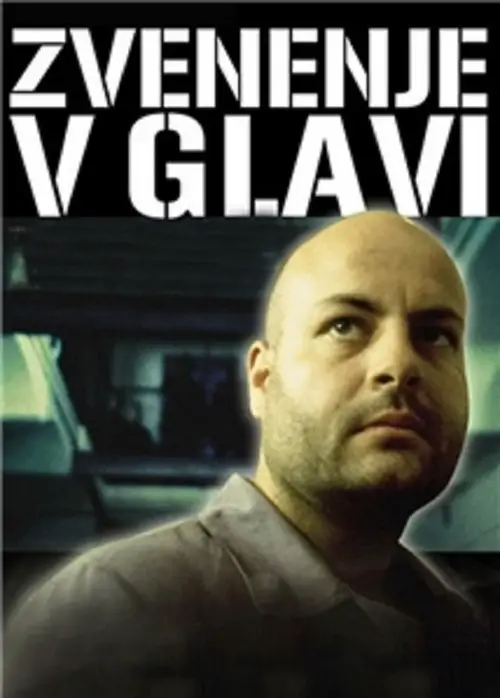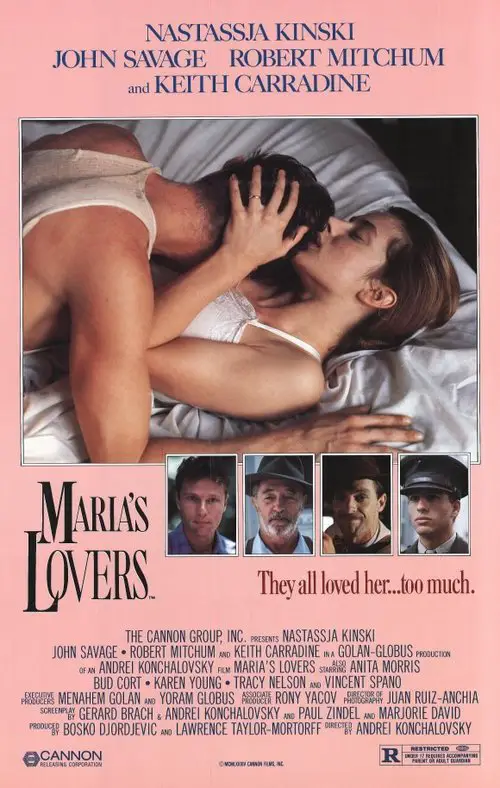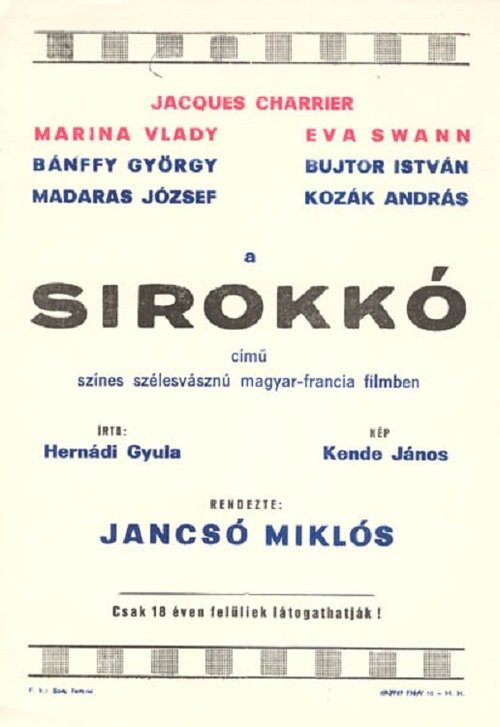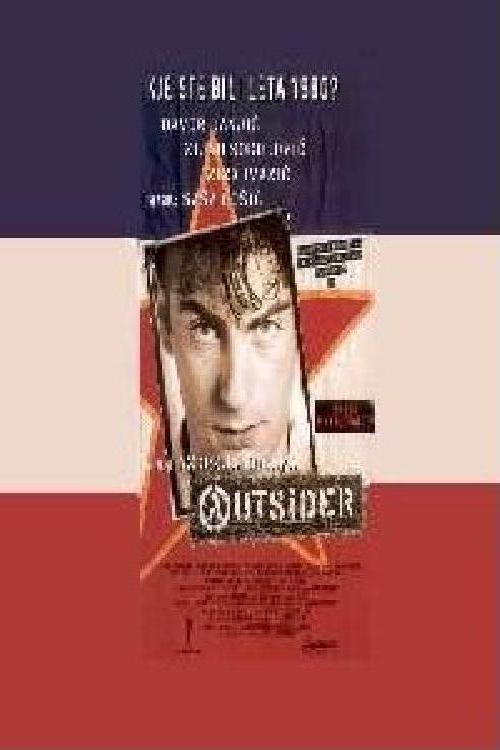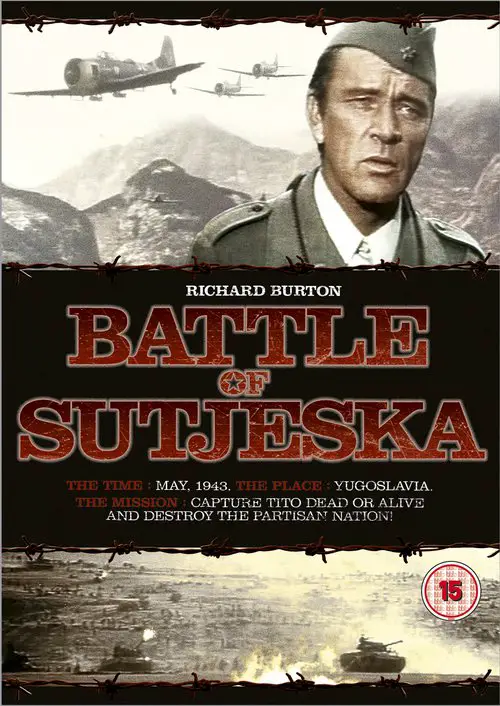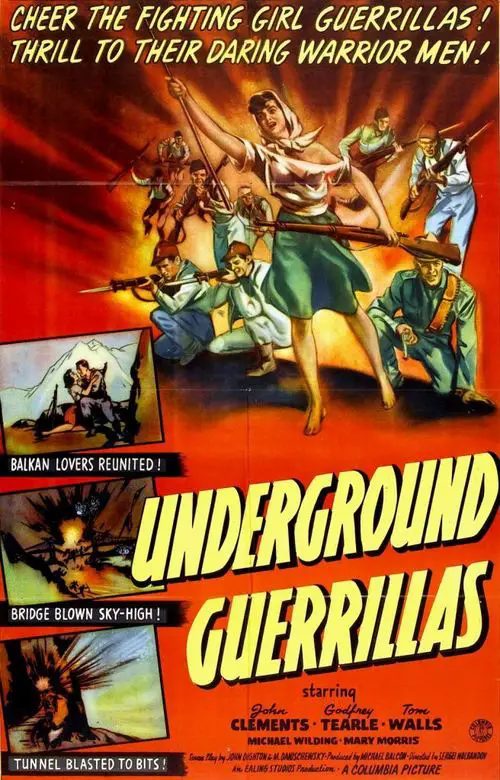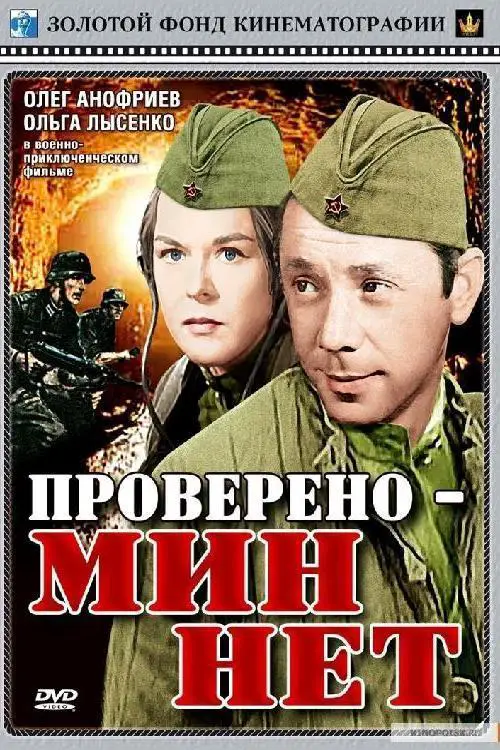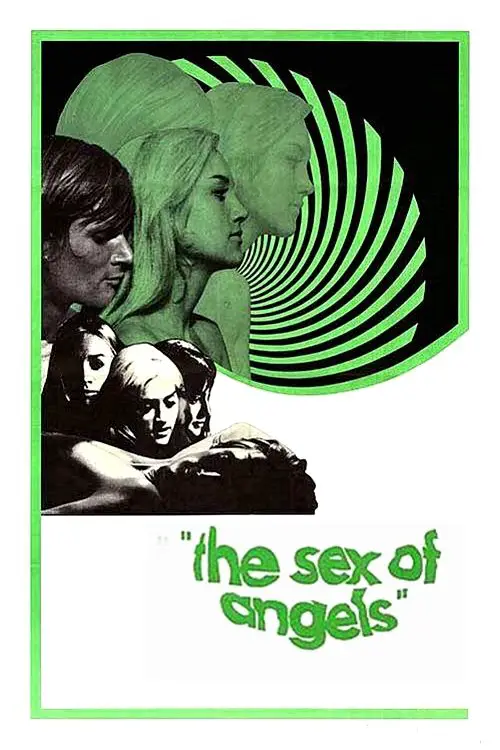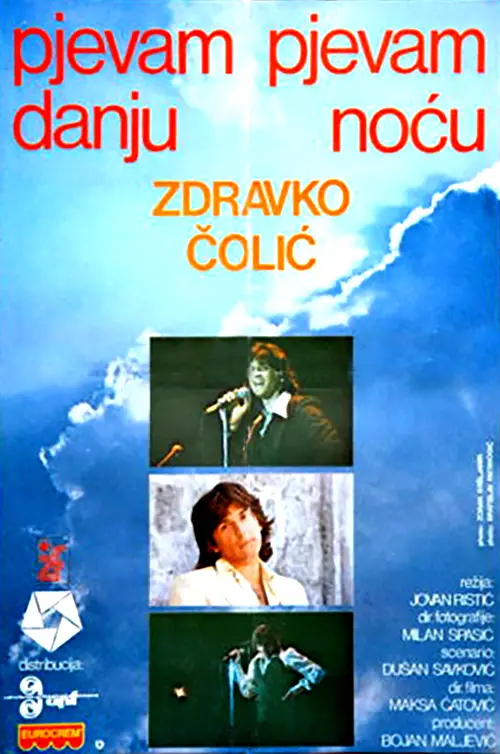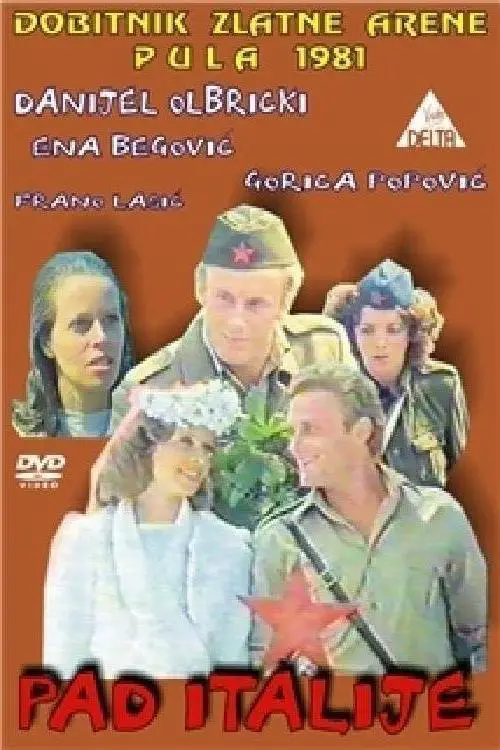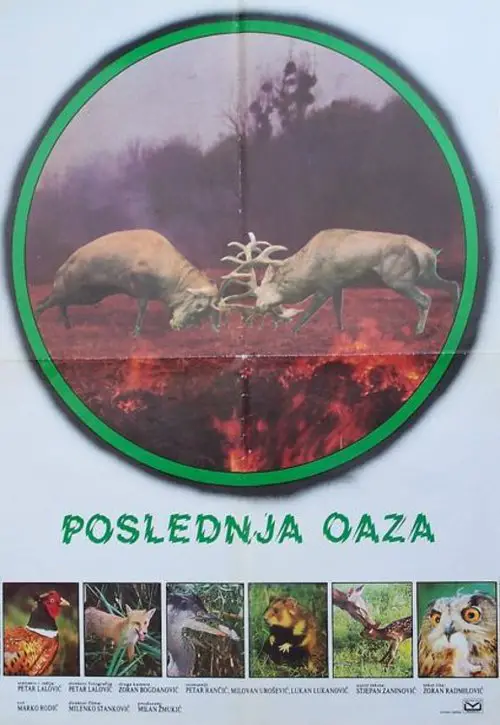S.P.U.K. (1983)
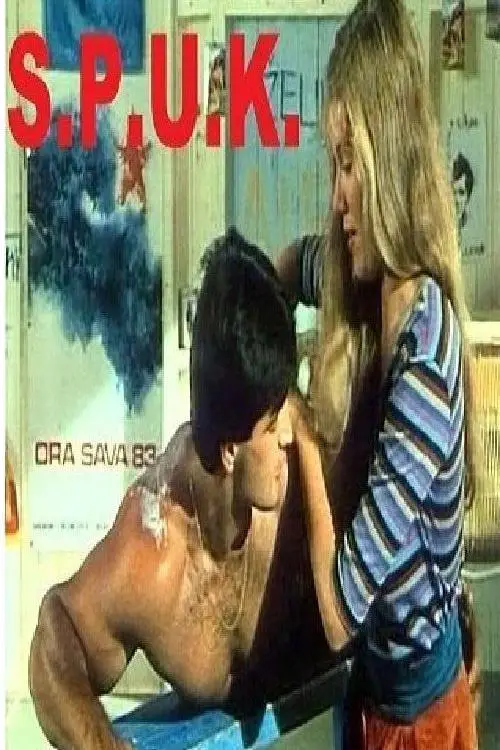
Similar movies
Goran Markovic, known more for his dramatic work, achieved something that's eluded many great filmmakers - both smart and funny comedy. Based loosely on his own life as a kid growing up in Tito's communist Yugoslavia in the 1950s, the movie centers around 10-year-old Zoran whose inspired poem about Tito written on a spur-of-the-moment-basis as an in-class assignment, earns him a trip with other deserving pupils retracing Tito's "revolutionary trails" in Tito's hometown of Kumrovec.
We Are Not Angels III is a Serbian film. In 1973 during a Youth Work Action, budding musician Borko PaviÄ (Nikola PejakoviÄ) is disappointed to find out that the majority of his fellow young workers prefer to dance kolo to folkish harmonica sounds rather than listening to him play his acoustic guitar. Heartbroken and depressed he confides in his best friend that he read that in America the young people make the devil appear by playing the music backwards who then makes them rich and famous. He becomes the mega popular rock'n'roll superstar Dorijan. Cut to 30+ years later Dorijan is still a debauched, coke-snorting, and alcoholic superstar, except that he's now playing turbo folk instead of rock'n'roll. He lives with a silicone trophy girlfriend Smokvica and his best friend from childhood is his business manager. Despite still having his women, fame, and fortune, Dorijan is unhappy about having to resort to playing a musical style he hates in order to have all that.
Seeking the excitement that was once part of their married lives, Bruce and Michael slip out one night to a gentleman's club. When their wives, Dana and Brit, discover this boys-night-out activity, the husbands are booted from their homes. In the men's ensuing efforts to get back into their wives' good graces, their previously unspoken views about marriage and women begin to surface to disturbing effect for their wives.
A dense film that cuts up footage of a primary plot of two young Yugoslavian girls, one a politico and the other a sexpot, and an affair with a visiting Russian skater. Mixing metaphors of Russia's relationship with Yugoslavia, intercut with footage and interviews with Wilhelm Reich and Al Goldstein of Screw magazine. The film applies Reich's theories of Orgone energy and analogies of Stalinism as a form of Freudian sexual repression. Also known as W.R. The Mysteries of the Organism in English subtitled version. Was banned in Yugoslavia shortly after it was made.
On April 5, 1941, a day before Nazi attack on Yugoslavia, entourage on a country road board Krstic's bus heading for Belgrade: two Gypsies who occasionally sing about misery, an aging war veteran, a Nazi sympathizer, a dapper singer, a consumptive, and a man with a shotgun. Krstic is a world-weary cynic, out for a buck; the driver is his son, the simple, cheerful Misko. En route they pick up a more people and head towards their destiny.
Belgrade, the summer of 1991. Yugoslavia is falling apart. Gavran can't get a driving licence because he is color blind. He is a rural Bosnian introvert obsessed with trucks. So, as soon as he is released from prison, he steals a truck to go on a joyride. Suzana, a city girl, discovers she is pregnant, but until she's due for an abortion, she decides to go to Dubrovnik. She hitchikes and Gavran almost runs her over. She is unhurt, but she blackmails him to take her to Dubrovnik. Two people from different worlds, equally removed from the real one. For him she is the first woman he can talk to; for her he is just another idiot to add to the long list of them that she has so far compiled. But the pressure of danger and the intimations of war force them together. The world about them has become so absurd that they seem to each other the only sober people left.
Black marketeers Marko (Miki Manojlovic) and Blacky (Lazar Ristovski) manufacture and sell weapons to the Communist resistance in WWII Belgrade, living the good life along the way. Marko's surreal duplicity propels him up the ranks of the Communist Party, and he eventually abandons Blacky and steals his girlfriend. After a lengthy stay in a below-ground shelter, the couple reemerges during the Yugoslavian Civil War of the 1990s as Marko realizes that the situation is ripe for exploitation.
In a way of protesting for inhuman living conditions and the shortage of medications caused by the disintegration of Yugoslavia and its sanctions, a doctor in a hospital decides to close his clinic for mental illness. His wish is to return the patients to their homes or give them to someone who is willing to accept them temporarily.
Stipan is a policeman who comes to small Adriatic island off the Croatian coast in order to investigate reported strange phenomena that had frightened the whole population. At first, nobody wants to co-operate with him, but he finally finds that the island is being allegedly haunted by the ghost of Josip Broz Tito, Communist leader of former Yugoslavia. For Luka, the mayor, this is the opportunity to turn entire island into Tito-themed amusement park. Tito's WW2 veterans, on the other hand, don't believe in ghosts; for them, the apparition is actually Tito himself, who had returned in order to lead them into a new revolution which would restore Communism. Written by Anonymous
Comic artist and writer Woody performs a simple courier operation for his friend Harry who works for the CIA. But when he successfully fends off hostile agents, he earns the respect of the beautiful Natalia, who requests his assistance for her defection. Woody uses this request as leverage to use the CIA's resources to bring his comic book creation, Condorman, to life to battle the evil Krokov.
The story behind and around famous American director Nicholas Ray's 1960s stay in SFR Yugoslavia. The celebrated director who was the toast of Hollywood only a decade earlier having made Rebel Without a Cause has fallen on hard times and is now desperately trying to re-establish his spiraling film career. On the other hand, his powerful host, Avala Film director and former Yugoslav secret service operative Ratko DraževiÄ, is dreaming big dreams - he is trying to establish a 'Hollywood behind the Iron Curtain' of sorts.
Miss World Virginity, who is nearly mute, endures a horrifically kinky honeymoon but soon escapes to a scatalogically inclined commune in Vienna. Meanwhile, a madwoman pilots a candy-stuffed boat down a river. Yugoslavian director Dusan Makavajev intercuts these two wild tales with shocking footage of the discovery of mass graves from the Katyn Massacre.
At a small border-post on the Yugoslav-Albanian border, yet another generation of soldiers suffering the usual amount of boredom awaits the end of their service, counting days to the moment when they should take their uniforms off for good. It is the spring of 1987 and the thought never even crosses their mind that they would, in fact, put them back on quite soon and go to war.
Our story takes place at the end of the 1960s. This is the time of the collapse of the ideals of a more just and honorable life brought into prominence by students worldwide in the great rebellion in 1968 and of the beginning of the end of an equally grand illusion called Yugoslavia. Andjelko is the principal of a middle school in a small Bosnian place Dubica. He believes in Yugoslavia and worships its leader Josip Broz Tito. Andjelko, however, has one serious fault: he is a forger, he makes forged school diplomas. He does not do this out of self-interest, but because he is a staunch philanthropist. One day, a neighbor for whom Andjelko forged the leather-working school diploma, in order to take revenge on the local veterinarian, reports to the police that this one too has Andjelko's diploma. Our hero is, therefore, forced to flee to the big city. He lives there illegally, at the harborers of outlaws for whom he once forged diplomas. But one day, Andjelko runs into his schoolmate...
On the Eve of WW2, the royal government of Yugoslavia hid the national money inside the cave around village of OzriniÄi in Montenegro. The locals discovered the heaps of money by accident, and soon begun to build new houses and buy the land. Unfortunately, the Italians occupied the country and burned their properties to ashes. Based on a true story.
Three gangsters smuggle a microfilm with passport data from West Germany to their buyer from Middle East, which happens to be crucial thing for the security of European Community. On their way through Yugoslavia, they try to hide the microfilm in the Miss Universum's purse who pays visit to the country at its national beauty contest. The problems arise when the microfilm accidentally finds itself in the possession of one of the competitors, unbeknown-st to her. The criminals try to get in possession of the microfilm, however a brave journalist who came because of the contest prevents them of doing so.
The Weight of Chains is a Canadian documentary film that takes a critical look at the role that the US, NATO and the EU played in the tragic breakup of a once peaceful and prosperous European state - Yugoslavia. The film, bursting with rare stock footage never before seen by Western audiences, is a creative first-hand look at why the West intervened in the Yugoslav conflict, with an impressive roster of interviews with academics, diplomats, media personalities and ordinary citizens of the former Yugoslav republics. This film also presents positive stories from the Yugoslav wars - people helping each other regardless of their ethnic background, stories of bravery and self-sacrifice.
Chronicles the six-month strike at Hormel in Austin, Minnesota, in 1985-86. The local union, P-9 of the Food and Commercial Workers, overwhelmingly rejects a contract offer with a $2/hour wage cut. They strike and hire a New York consultant to manage a national media campaign against Hormel. Despite support from P-9's rank and file, FCWU's international disagrees with the strategy. In addition to union-company tension, there's union-union in-fighting. Hormel holds firm; scabs, replacement workers, brothers on opposite sides, a union coup d'état, and a new contract materialize. The film asks, was it worth it, or was the strike a long-term disaster for organized labor?
Belgrade in 1963. In a yard surrounded by buildings, a group of young people of different backgrounds and social status, but of similar views about love and self-affirmation, spend their time together. Their friendship is dyed with various events typical for socialism, such as working actions or Youth Day's parade. All what happens within this yard may become an allegory of one generation's destiny.
They were called âthe golden generationâ, the young Yugoslavian soccer players who won the Junior World Soccer Championships in 1987 in Chile. They became world-famous and today play in Rome, Milan and Madrid. But the country they represented in Chile no longer exists. Director Vuk Janic talks with soccer heroes like Zvonimir Boban and Sinisa Mihajlovic and visits the neighbourhoods they grew up in. Via the soccer, he tells the story of the disintegration of his country. The supporter riots in 1990 during the match between Red Star Belgrade and Dinamo Zagreb heralded the imminent war. Shortly after, the team fell apart. Seven years later, as national players of Croatia and little Yugoslavia, they compete in two charged qualification matches for the 2000 European Championships. Soccer is not war, but the war is never far away. The first match in Belgrade has to be cancelled due to NATO bombings, and the two national hymns are drowned in deafening whistles from the audience.
Harrison Lloyd is a Pulitzer-winning photojournalist. His wife and family are making it hard for him to keep his mind on his work when he's in a war zone, and he wants to change jobs to something less stressful. But he's got one last assignment, in war-torn Yugoslavia, in 1991, at the height of the fighting. Word comes back that he apparently died in a building collapse, but his wife Sarah (also a journalist for Newsweek) refuses to believe that he's dead and goes looking for him. She's helped immensely by the photo-journalists Eric Kyle and Marc Stevenson that she runs into over there; together, they're determined to make it through the chaotic landscape to Vukovar, which is not only the nexus of the war but where she believes Harrison is located. Meanwhile, Harrison's son Cesar is looking after his father's prized greenhouse, keeping hope, and flowers, alive.
Valter brani Sarajevo (English: Walter Defends Sarajevo, German: Walter verteidigt Sarajewo) is a Yugoslav partisan drama film that takes place during World War. Walter Defends Sarajevo takes place in Sarajevo, Bosnia against the German withdrawal from Yugoslavia towards the end of World War II in 1944. The Nazis are desperate to have their tank divisions in Greece diverted to shore up the defence of Germany. In order to get the tank divisions safely back, they need fuel, and Sarajevo is an important refuelling post. Utmost secrecy is required as interference with the fuel supplies in Sarajevo will endanger the whole of the German war effort. There is one problem however: a partisan resistance leader named Walter, who is so shadowy that not even his own people know anything about him, including what he looks like, gets in their way.
In this melodramatic tale, the well-made plans of a career-obsessed woman are derailed when she sets her sights on a young man who is plainly not very interested in her. In the story, Katherina is an ambitious reporter for German television, and her Yugoslavian family background makes her a natural to cover stories in that country. While preparing a story on children with dual nationalities, she encounters Peter, a German lad who is researching his father's war record to see if he was guilty or innocent of war crimes. She brings Peter to see her family, and later her wooing efforts finally seem to bring her some promise of a relationship.
In America it frequently shows under the title Hey Babu Riba. In 1985, four middle-aged Yugoslav emigres return to Belgrade for the funeral of Mariana, their beautiful compatriot. They called her Esther, for Esther Williams, she was the coxswain for their four-man rowing team, and they each loved her. They'd last seen her in 1953, when they rowed her across the Adriatic, pregnant, to join her exiled father in Italy. In flashbacks we learn the story of their youthful baptism into sex, smoking, rock and roll (Hey Ba-ba-re-bop), Hollywood and Swedish films, blue jeans on the black market, and their rivalry with Ristic, the Communist Party youth leader for whom they had instant antipathy.
Also known as Moritorium and Georgia's Friends, Four Friends follows the titular quartet from high school to young adulthood. The film is set during the tumultuous 1960s, an era when everyone's values were turned inside out, shaken around, and reassembled. The central character is first-generation American Craig Wasson, who confounds his Yugoslavian father (Miklos Simon) by pursuing his own let-it-all-hang-out lifestyle. Wasson's best friends are athlete Jim Metzler and chubby Michael Huddleston; all pursue the affections of bewitching Jodi Thelan. Though they are obviously deeply in love with one another, Wasson and Thelan continue to foolishly avoid a long-term commitment as the sixties unfold around them. Four Friends calls for a fresher approach than the one offered by director Arthur Penn, whose handling of the material is much too pat and old-fashioned.
Inspired by Karl Marx's "Das Kapital", three men and a girl named Jugoslava decide to wake up the conscience within the working class and peasants. Faced with the primitivism and a lack of morale, their revolution fails and the girl is one to be sacrificed as a witness of their unsuccessful attempt.
Italian director Giueseppe DeSantis was the creative force behind this Yugoslavian "slice of life" drama. The title translates as The Year-Long Road; accordingly, the plot concerns a joint, voluntary effort between Italy and Yugoslavia to construct a highway along the countries' Naturally, this animosity wreaks havoc on the various Romeo-Juliet romances in the region. All is resolved when oil is discovered on one of the islands. An American oil company is finally able to establish détente between the warring factions, smoothing the path for the long-delayed marriages of three young couples.
In Yugoslavia's Livada prison in 1970, inmates led by Keber convince reluctant authorities to let them watch the televised Olympic final basketball game between the home country and the U.S., but taunting guards interrupt the viewing and prod the prisoners to the point of a riot. After a period of a kind of blissful anarchy where the inmates taste freedom, Keber enlists the house "intellectual" Mrak to devise a system of prisoner self-government aimed at forcing reforms on the state.
Ivan Bibic returns to his Pittsburgh PA suburb after surviving a Japanse POW camp, causing regular nightmares. All the time he remained faithfully devoted to his childhood love, fellow ethnic Yugoslavian virgin Maria Bosic. She dates him again, thus ruining a virtual engagement to captain Al Griselli. Against Ivan's dad's advice, they get married. But Ivan became psychologically impotent, feels unworthy of her and starts wondering, even looking for another girl. Meanwhile slick guitar-and-song-busker Clarence Butts moves in to South-Western PA, and seduces Maria.
October 20, 1944, Belgrade was liberated by Red Army and Tito's partisans. But the capital of Yugoslavia is still fraught with danger - retreating aggressor mined the city . A special partisan squad goes into underground maze of tunnels to find and disarm explosives which are still guarded by SS special forces.
Here's an interesting Italian/German co-production, full of subjects from 1968 protest, recalling the two infamous "bikini thrillers","Interrabang" and "Top sensation", in which three young beauties (Rosemarie Dexter, Doris Kunstmann and Laura Troschel), alluring their male friend (Bernard De Vries), embark on a journey in a luxury yacht around the coast of Yugoslavia, plenty of bedhopping, nudity and the usual hijinks occur before things take a sinister turn when they decide to lock themselves in a cabin and dose up on LSD
The setting is the islands off the Dalmatian coast of Yugoslavia, during WW II. The islands are controlled by occupying Italian forces, and a resistence movement of Communists is dedicated to sabotaging and ending the occupation. When a wealthy young man joins the resistence, he falls in love with a woman who turns out to be a spy for the Italians. As a result of his liaison and her activity, they are both executed by a Communist comrade - a previous friend. The comrade is dedicated to the hard-line policies of the resistence, until he himself falls in love with the daughter of a bourgeois landowner on the island - a landowner who has collaborated with the Italians. Neither the Italian occupying army (one officer is shown in an attempted rape scene) nor the resistence fighters are stereotyped forces for good or evil, but all are equally subject to the dehumanizing effects of war.
This first-person documentary provides an inside look into the terrifying and bloody events that shook Central Europe in the 1990s, as the filmmaker takes a trip along the road that once united the disparate states of Yugoslavia, from Slovenia to Macedonia. A film about memory, hatred, love and hope.
© Valossa 2015–2026
| Privacy Policy
